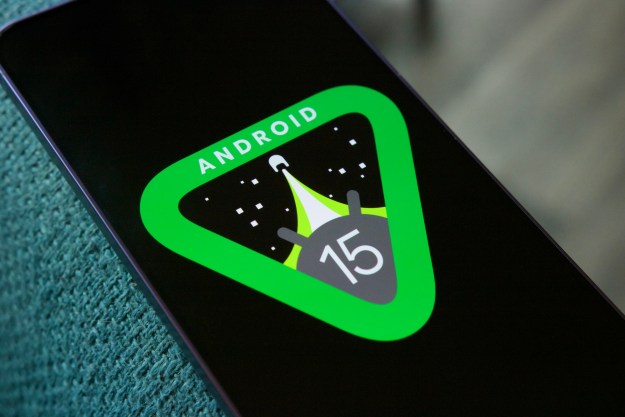
The U.S. Patent and Trademark Office dealt Oracle a bit of a setback in its high-stakes patent litigation against Google over Android. In a filing just before the Christmas holiday, the USPTO effectively threw out one of the seven patents Oracle is using against Google (full text available at Groklaw), rejecting some 17 of the 21 claims asserted in U.S. patent 6,192,476. Although only one of those claims was being leveraged against Google—claim 14—the rejection of so many claims basically means the entire patent has been invalidated.
Google requested the patent be re-examined by the USPTO, along with others Oracle is asserting against it in the case. The request for re-examination is common in patent litigation: defendants typically assert both that the aren’t infringing on a particular patent, and furthermore that the patent ought not to have been issued in the first place, and therefore is invalid and nobody could infringe on it even if they tried.
Oracle’s infringement case against Google hinges on the Java virtual machine included in Google’s Android operating system; Oracle claims the technology violates a number of Java patents it acquired along with Sun Microsystems in early 2010. Oracle initially asserted 132 infringement claims against seven patents; the list of claims was reduced to a list of 50 on the request of the judge handling the case; of those, only one (claim 14) was against patent 6,192,476. However, that means Oracle still has six patents in play in its case against Google. The judge has requested Oracle further limit the number of claims it brings to trail; Oracle had been hoping to bring 21 claims, but the judge had suggested Oracle focus on just three claims to streamline proceedings.
Generally speaking, Oracle would prefer to go to trail sooner than later. The case was originally supposed to go to trail in October, but a scheduling conflict lead to a delay. Oracle then asked for a January start date, but Google has dragged its feet, saying it can’t be ready for trail before July.
Oracle has until February 20 to request an appeal the preliminary ruling. Preliminary rulings against patents have been later been overturned upon full review, so Oracle may have a chance of hanging on to the patent after all. If Oracle does nothing, it will likely be stripped of the patent.
Editors' Recommendations
- The Google Pixel 8a price just leaked. Here’s how much it’ll cost
- A new Google Pixel Tablet is coming, but it’s not what you think
- The most common Google Pixel 8 problems and how to fix them
- Android 15 release date: When will my phone get the update?
- The 6 biggest announcements we expect from Google I/O 2024

